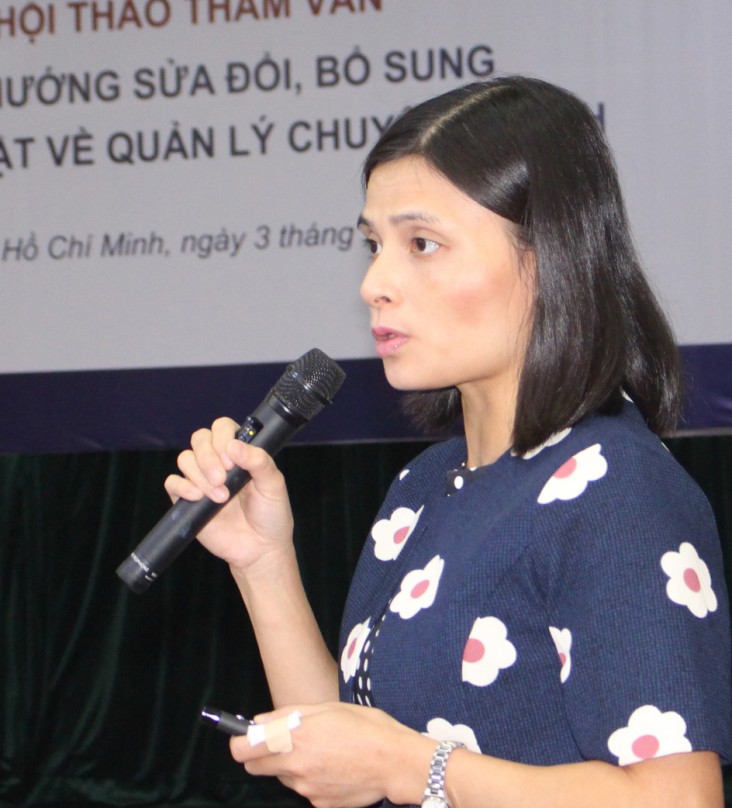
December 2016—Vietnam’s textile industry just got some good news that will save companies thousands in fees as well as several days of shipping delays with repeal of a testing regulation.
Circular 37, a regulation of Vietnam’s Ministry of Industry and Trade (MOIT), mandated specialized inspections and tests for formaldehyde and aromatic amines in imported textile products. The requirements cost a mid-sized company $45,000 per year for testing fees and customs clearance delays of three to seven days per shipment. In total, with about 6,000 textile companies in Vietnam, textile industries paid an estimated $135 million per year on specialized inspections.
The testing mandates went into effect in December 2009 under Circular 32 and were continued under Circular 37 in December 2015.
A review of practices over the last seven years found only a very small proportion of imported textiles failed to meet formaldehyde limits (of around 0.0125 percent), yet tests were required for each importing company. Other products affected by the testing requirements included leather, footwear, bags, car interiors, carpets, floor coverings and apparel.
For two years, USAID worked with the Central Institute for Economic Management (CIEM) of the Ministry of Planning and Investment, the General Department of Vietnam Customs of the Ministry of Finance, other ministries, and the private sector to help businesses challenge this inspection requirement. With USAID’s support to target impediments to Vietnam’s business environment, trade and competitiveness, CIEM conducted a series of field surveys, consultative workshops and intense media outreach to solicit public input.
As a result, per the request of government ministries and pressure from the public, the MOIT repealed Circular 37 to abolish the testing requirements. The decision was announced on National Entrepreneurs Day, October 12, 2016.
“The decision of the MOIT to repeal Circular 37 was a present for Vietnam’s entrepreneurs,” said Nguyen Minh Thao, head of the Business Environment and Competitiveness Department at CIEM.
Pham Kieu Oanh, deputy general director of the Nha Be Garment Corp. Joint Stock Company (NBC), said she was “crying tears of joy” upon news that Circular 37 had been repealed. “From now on,” she said, “NBC will not have to spend $4,500 every month on specialized inspection procedures for formaldehyde testing.”
USAID is continuing its cooperation with CIEM, other government agencies and the business sector to target other unnecessarily burdensome specialized inspection procedures in Vietnam. Such improvements increase the competitiveness of Vietnam’s business environment, facilitate its trading across borders, and spur its inclusive economic growth.
This work is part of USAID’s Governance for Inclusive Growth Program, which is implemented by Chemonics International and runs from December 2013 to December 2018. The program works with the Government of Vietnam to support trade, legal and regulatory reforms, governance, and inclusive economic growth.
LINKS
Follow @USAIDVietnam, on Facebook, on Flickr, on YouTube







Comment
Make a general inquiry or suggest an improvement.